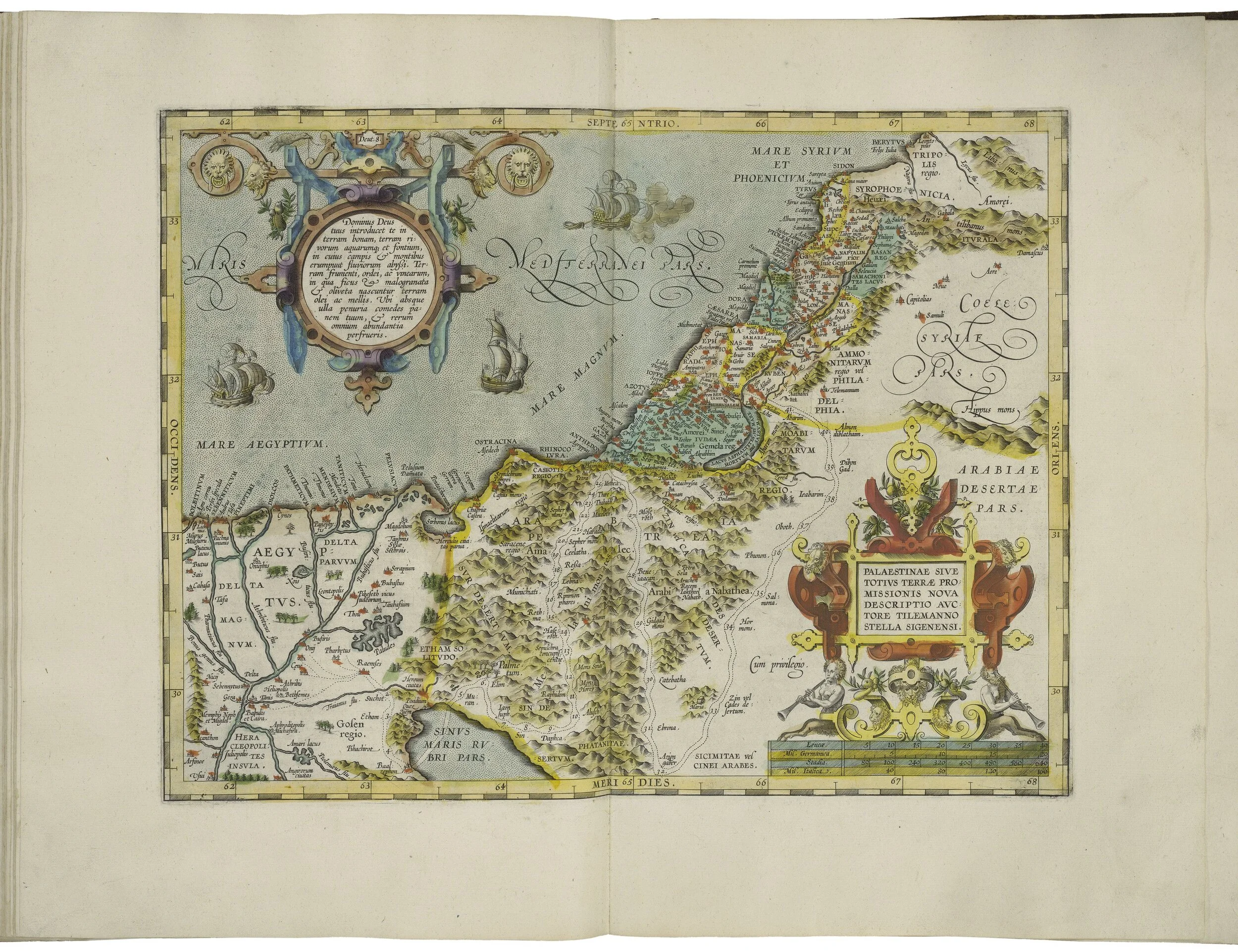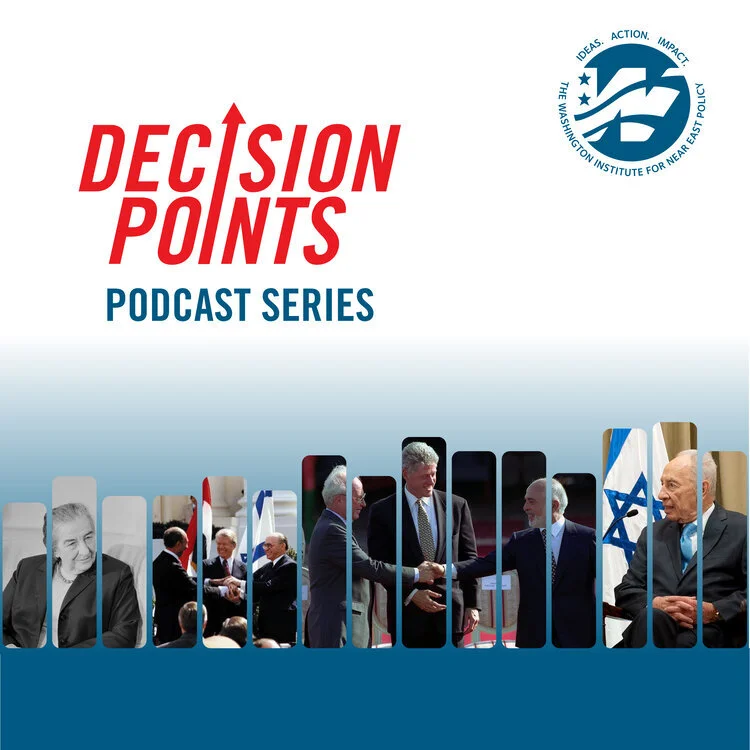DAVID MAKOVSKY
David Makovsky has devoted his professional life to Arab-Israel coexistence and preserving a vibrant US-Israel relationship.
When it comes to peace between Israel and Arab states, David believes the Abraham Accords is the most promising move in a generation to promote stability in the Middle East. Making frequent visits to Israel, West Bank and the Persian Gulf, David sees a lot of potential. Israeli-Emirati ties have taken off like a rocket ship in a short time. And now the question is whether bilateral gains can lead to wider regional cooperation between signatories of the Abraham Accords and throughout the Mideast.
When it comes to the Israeli-Palestinian relationship, there is too much history and too little geography. There are competing themes of justice on both sides that need to be addressed for an agreement to be possible. The parties must reach understandings gradually that are achievable and sustainable so they can defend those ideas to their own people. No side can get everything it wants, but will get what it needs in order to resolve the conflict.
There has been no more intractable conflict in the world than between Israel and the Palestinians. Yet, just because something is hard does not make it less important. Solutions need to be sensible and there is no room for polemics that too often dominate the discourse. David has devoted his life to the idea: more light and less heat. His pragmatic approach is based on the maxim of Daniel Patrick Moynihan who famously said “everyone is entitled to his own opinions, but not his own facts.”
Whether it is Arab states or the Palestinians, they will only draw closer to Israel if they see they believe there is a rock-solid US-Israel relationship, despite all the obvious challenges. Therefore, these different set of relations are self-reinforcing. We cannot be oblivious to the fact there are destabilizing forces in the Middle East --whether Iran or non-state actors like Hizbullah or Hamas -- who seek to undermine the forces of stability in the region. It is important to strengthen the forces of stability and hope in the Middle East.
From his start as a journalist, to working on the Israel-Palestinian peace accords, to being a senior member of a leading Middle East think tank in Washington D.C., David has always focused on a better future for Israelis and Arabs alike, in which the children of both are able to achieve the dream of endless possibilities. As David says, “it will only be possible, if we do what we can to make the impossible possible.”



